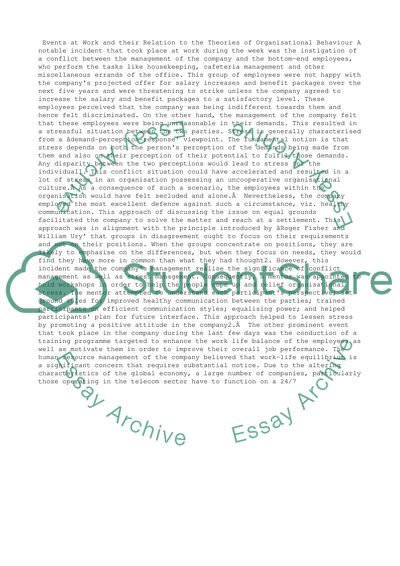Cite this document
(“Organisational Behaviour Essay Example | Topics and Well Written Essays - 1000 words”, n.d.)
Retrieved from https://studentshare.org/management/1393065-organisational-behaviour
Retrieved from https://studentshare.org/management/1393065-organisational-behaviour
(Organisational Behaviour Essay Example | Topics and Well Written Essays - 1000 Words)
https://studentshare.org/management/1393065-organisational-behaviour.
https://studentshare.org/management/1393065-organisational-behaviour.
“Organisational Behaviour Essay Example | Topics and Well Written Essays - 1000 Words”, n.d. https://studentshare.org/management/1393065-organisational-behaviour.


